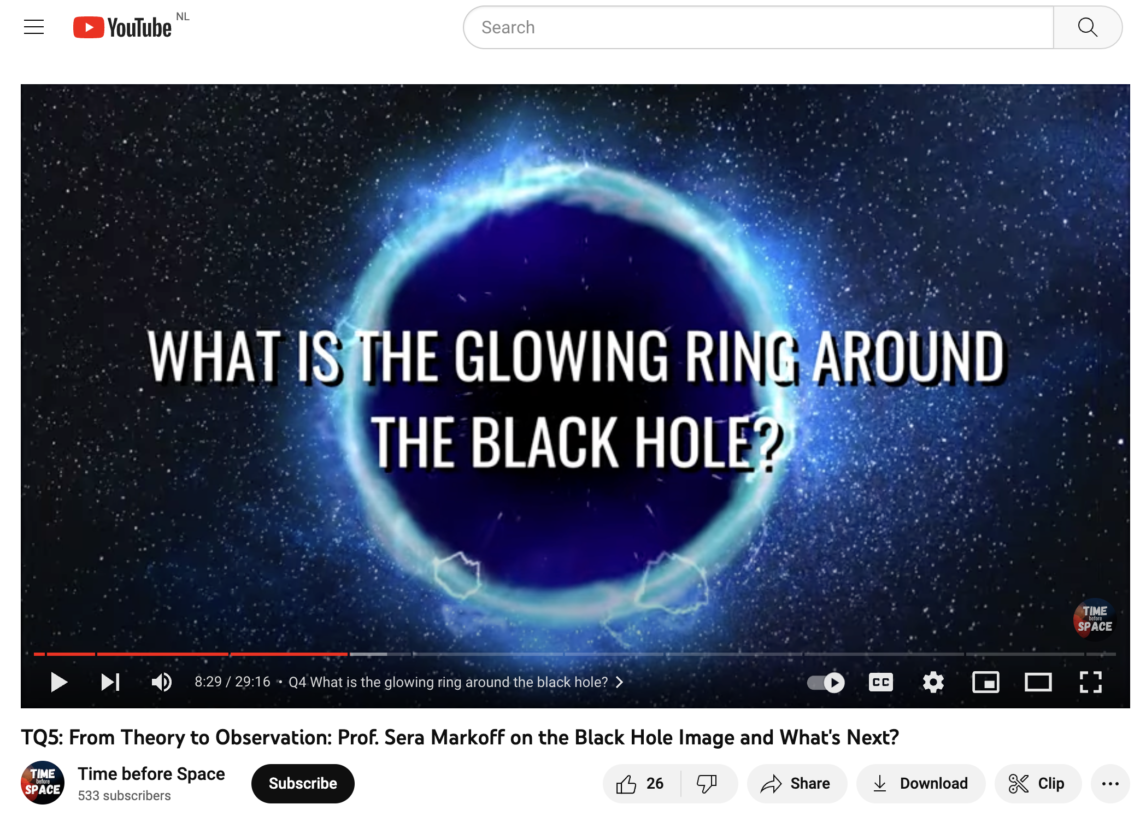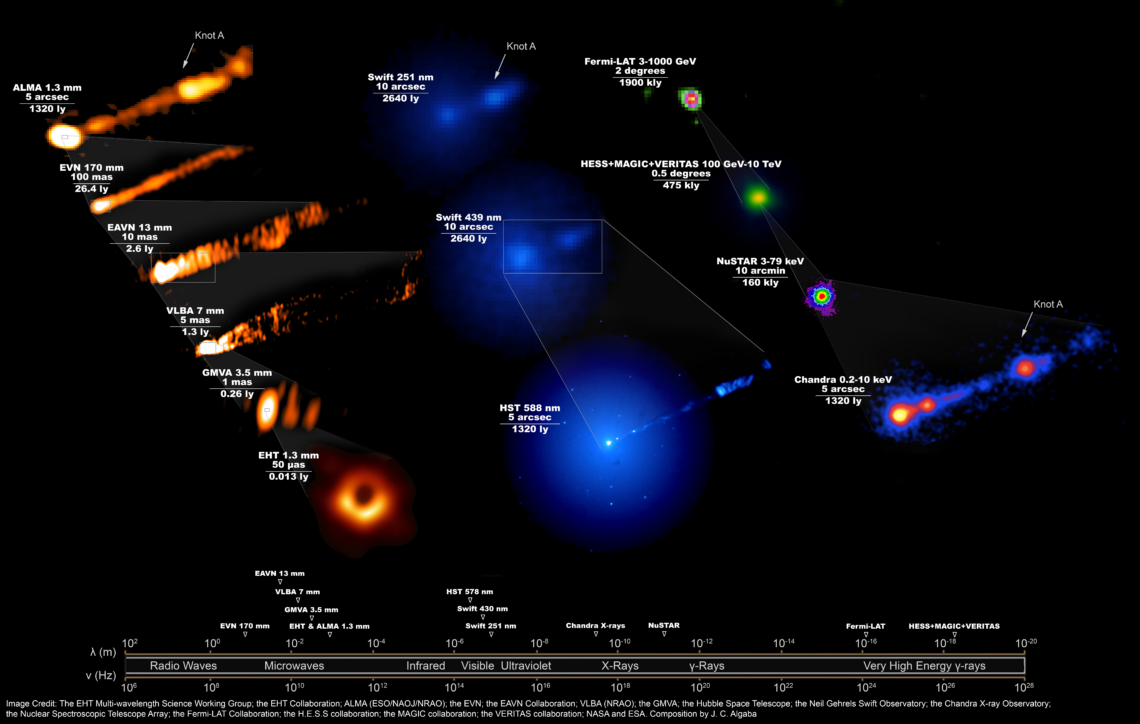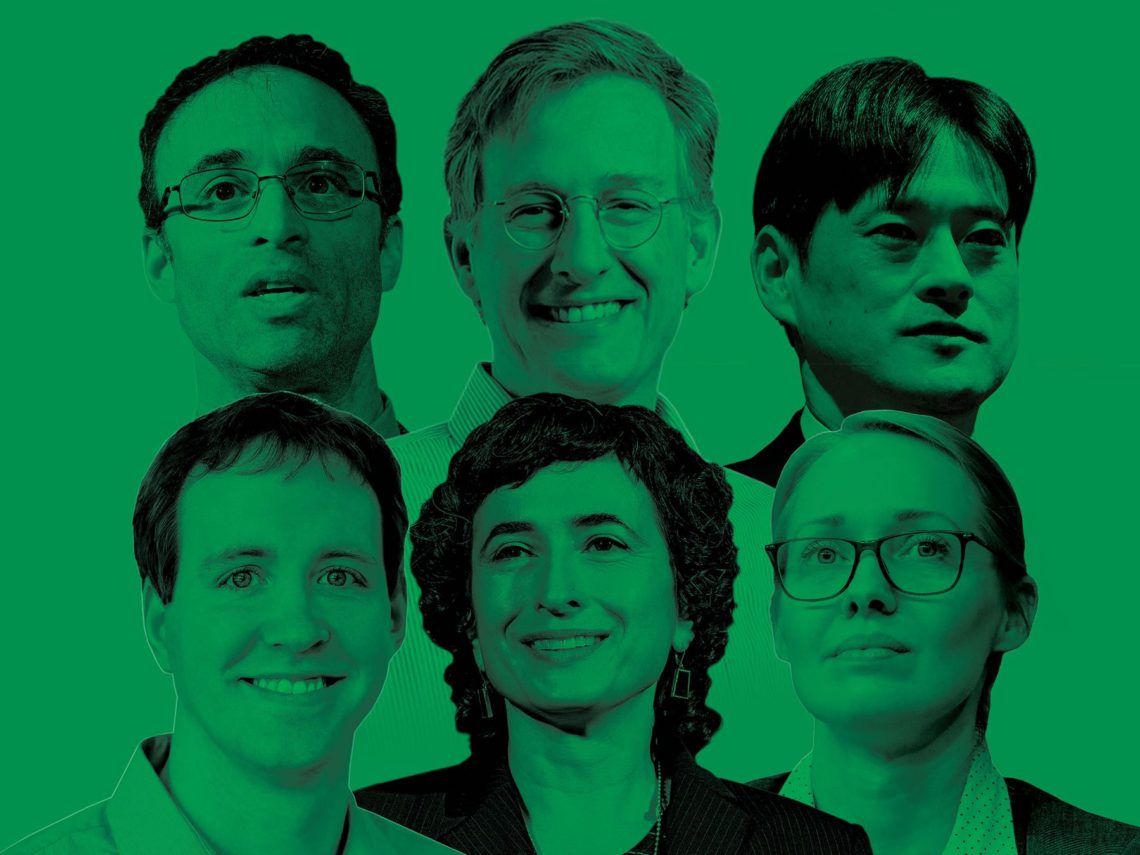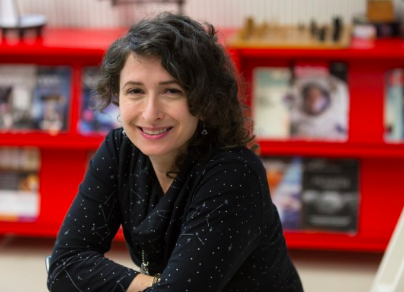Ok I am super tardy with my turn to do our research group’s blog, but there’s always a lot to juggle between running a group at a university, and all the other things I do as a professional scientist. However I do always make time for a significant amount of engagement with the public about science, on many different levels. For instance I am in the 7th year of running a project where a team of volunteers (mostly university students) and me go to a local elementary school in an under-served community near our campus, to give lessons throughout the year about science. I’m often asked not only how I…
Read More >>Bringing the band back together!
First, the new news It’s the start of a new year so of course I made a bunch of resolutions that likely won’t stick, but one of them was to start doing more research blogging on our site, and to encourage my group to do better here too, after a longish hiatus. Why the hiatus? At least from my side I guess the fallout from the pandemic has been a slow burn that just drags on. While in 2020-2021 we were in total crisis mode at the university, in terms of switching courses to online, trying to support students and colleagues and just generally trying to keep up morale, by…
Read More >>One ring to bind them all…one black hole, many views of its powerful jet!
It’s an exciting week in black hole-ville, as we are on the sky again with an even bigger and better Event Horizon Telescope (EHT) array, for the first time since 2018! At the same time, we are still only publishing results from our first major campaign in 2017. Why? Because our 2017 campaign was the first time anyone ever tried to use an Earth-sized telescope to make an image of a black hole, and that is technically extremely challenging. Each new result requires an enormous amount of work to develop, as well as significant vetting so we have confidence in what we publish. But as of this year, the results…
Read More >>NWO Domain Science Diversity Initiative Award
I am somewhere between embarrassed and excited that I’ve just been named the winner of the first ever NWO (Dutch Research Council, our national funding agency) Domain Science Diversity Initiative Award! It’s on Twitter and YouTube and everything! In the somewhat awkward video, I express a bit of reluctance around having the money be attached to me rather than the project, that I wanted to explain a bit more here in this post. But first a bit about the project: I started Altair using funding from my NWO VICI career grant, together with science communication expert Alex Verkade (now head of the VSC network of museums). After the first year…
Read More >>EHT in the Bloomberg 50!
We were very excited to find out that Bloomberg Businessweek named EHT to the 2019 Bloomberg 50, its annual list of innovators, entrepreneurs, and leaders who have changed the global business landscape in measurable ways over the past year. The list will be published in a special issue of Bloomberg Businessweek, on newsstands on Friday, Dec. 6, 2019. An unranked list, the Bloomberg 50 represents the most influential thought leaders in business, entertainment, finance, politics, and science and technology whose 2019 accomplishments were particularly noteworthy. Six of us from the collaboration, covering the range of international representatives, leadership and scientific contributions, have been invited to NYC on Monday 9 December…
Read More >>Helen Sawyer Hogg Prize Public Lecture in Montreal
I had the great honour last night of participating in an annual public lecture series put on by the Canadian Astronomical Society/Société Canadienne d’Astronomie (CASCA) and the Royal Astronomical Society of Canada. It was a pretty amazing thing to see my name on the same page as the prior speakers, many of whom have served as inspirations for me, like Vera Rubin, Dame Jocelyn Bell Burnell, and Fiona Harrison. This evening lecture for the public (though many scientists from the CASCA meeting also attended) was the first time I’d given a full hour public lecture, since normally most public talks are around 20 minutes, and it was a real pleasure…
Read More >>Drumroll please….
And now finally the moment you’ve all been waiting for! The Event Horizon Telescope Consortium made the big announcement at midnight last night that there will be press events around the world, on 10 April, at 13:00UT (which for normal people means 9:00am US East coast time, or 15:00 Central European time), where we will announce a “groundbreaking result”! I am honored (and, quite frankly, terrified) to be one of the four panelists speaking at the US event, hosted by the National Science Foundation at the National Press Club in Washington D.C.., representing the European and Multi-wavelength facility partners. Basically, after the NSF director Dr. France Cordova speaks, each of…
Read More >>Quick promo for EHT-related article in the Guardian
I should have posted about this awhile ago when this came out, but things have been very hectic recently. The Guardian did a nice little blurb about the Event Horizon Telescope, and spoke to me and Prof. Peter Galison (who is also participating in our upcoming panel at SXSW! See https://schedule.sxsw.com/2019/events/PP83510) about the leadup to releasing our first results in the coming months. See here: https://www.theguardian.com/science/2019/jan/11/scientists-close-to-capturing-first-image-of-black-hole-at-the-centre-of-the-milky-way. Thanks to the author, science correspondent Hannah Devlin, for the nice coverage. It’s exciting to see my name in print in the Guardian since it’s one of my favorite newspapers!
Read More >>First ever Very-High-Energy (TeV) detection of a Gamma-ray Burst!!
This morning I came into work to read some super exciting news in my email! A gamma-ray burst (GRB) has been detected by ground based TeV facility MAGIC for the very first time, with extremely high significance! There has been an impressive multi-wavelength campaign to try to constrain more details of the source, and it seems to be extremely bright, almost 100 times as bright as the “typical” GRB. This is not surprising because the source, while somewhat nearby by GRB scales, is still many billions of light years away, so it had to be very bright or we would not have detected it. If you want to read more…
Read More >>Announcing: the Advancing Theoretical Astrophysics international summer school!
I am very excited to announce our Advancing Theoretical Astrophysics summer school in Amsterdam, 15-26 July! See below for more info, but this school will be really unique in that we have top international experts in theoretical/computational astrophysics and advanced techniques like statistics and machine learning, coming together to teach ~50 students with an emphasis on increasing participation in the wonderful world of theory from URM students and students from countries with less access to resources. We will adapt principles of collective learning, and the atmosphere will be very supportive, so if you or anyone you know have been thinking about moving into astro theory but too afraid to try,…
Read More >>





